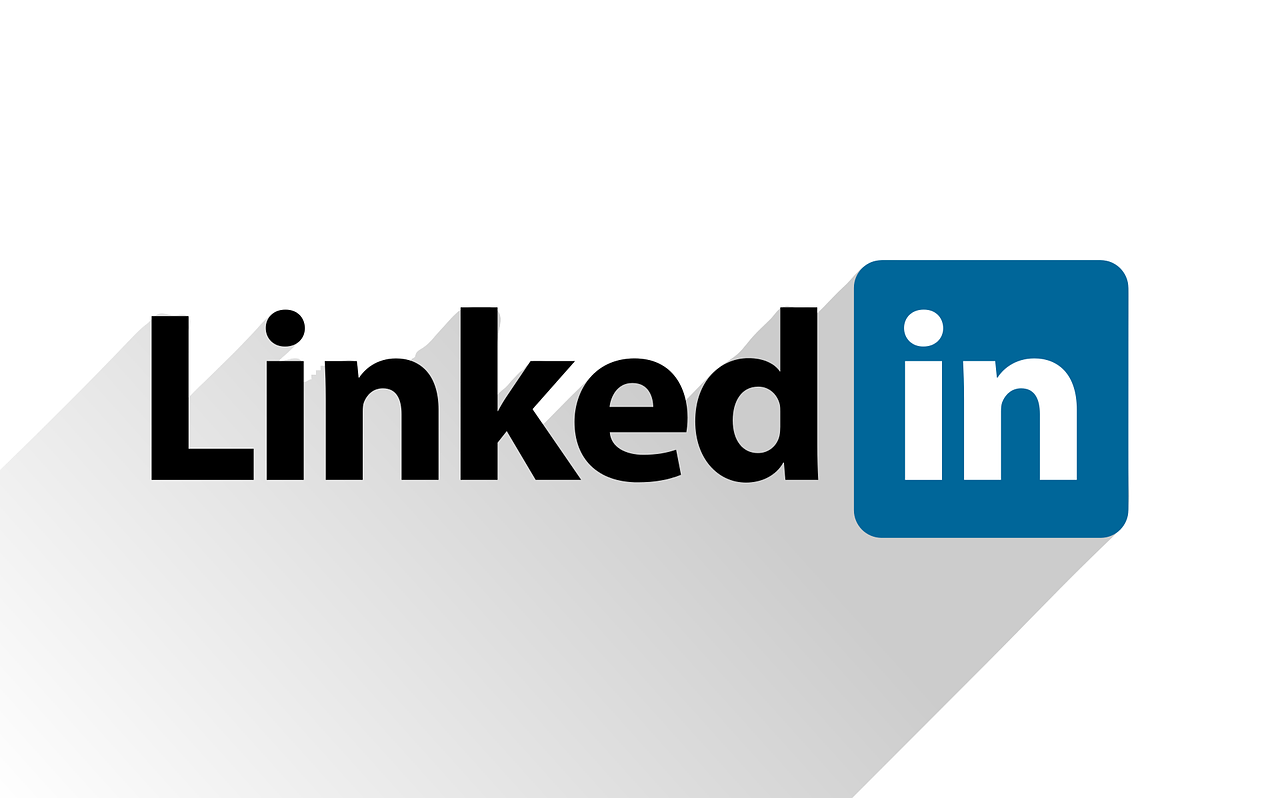hiQ v. LinkedIn: User Agreements in the Age of Data Scraping
Image by BedexpStock from Pixabay
On November 4, 2022, LinkedIn announced a “significant win” for the platform and its members against “personal data scraping.” The win resulted from a 6-year legal battle that asked, in part, whether LinkedIn must allow hiQ Labs to scrape data from the public profiles of LinkedIn members.
Last Friday, the U.S. District Court for the Northern District of California answered that question by ruling that LinkedIn’s User Agreement “unambiguously prohibits hiQ’s scraping and unauthorized use of the scraped data.” And as such, hiQ breached LinkedIn’s User Agreement “through its own scraping of LinkedIn’s site and using scraped data.”[1]
An Overview of Data Scraping
Data scraping is a technique by which a computer program extracts data from another program or source. The technique typically uses scraper bots, which send a request to a specific website and, when the site responds, the bots parse and extract specific data from the site in accordance with their creators’ wishes.
Scraper bots can be built for a multitude of purposes, including:
- Content scraping – pulling content from a site to replicate it elsewhere.
- Price scraping – extracting prices from a competitor.
- Contact scraping – compiling email, phone number, and other contact information.
In today’s economy, data is key, and data scraping is an efficient means of acquiring huge amounts of specific data. Yet, this court ruling signals that companies may need to be more cautious about how and where they use data scraping bots.
hiQ’s Data Scraping Violates LinkedIn’s User Agreement
Founded in 2012 as a “people analytics” company, hiQ Labs provides information to businesses about their workforces. To do this, hiQ extensively relied on using automated software to scrape data from LinkedIn’s public profiles. hiQ then aggregated, analyzed, and summarized that data to create two products, “Keeper” and “Skill Mapper,” which allowed businesses to improve their employee engagement and reduce costs associated with external talent acquisition.
However, in 2017, LinkedIn sent a cease-and-desist letter threatening legal action against hiQ, arguing that LinkedIn’s User Agreement prohibits data scraping. Specifically, the User Agreement states:
Continue Reading hiQ v. LinkedIn: User Agreements in the Age of Data Scraping
